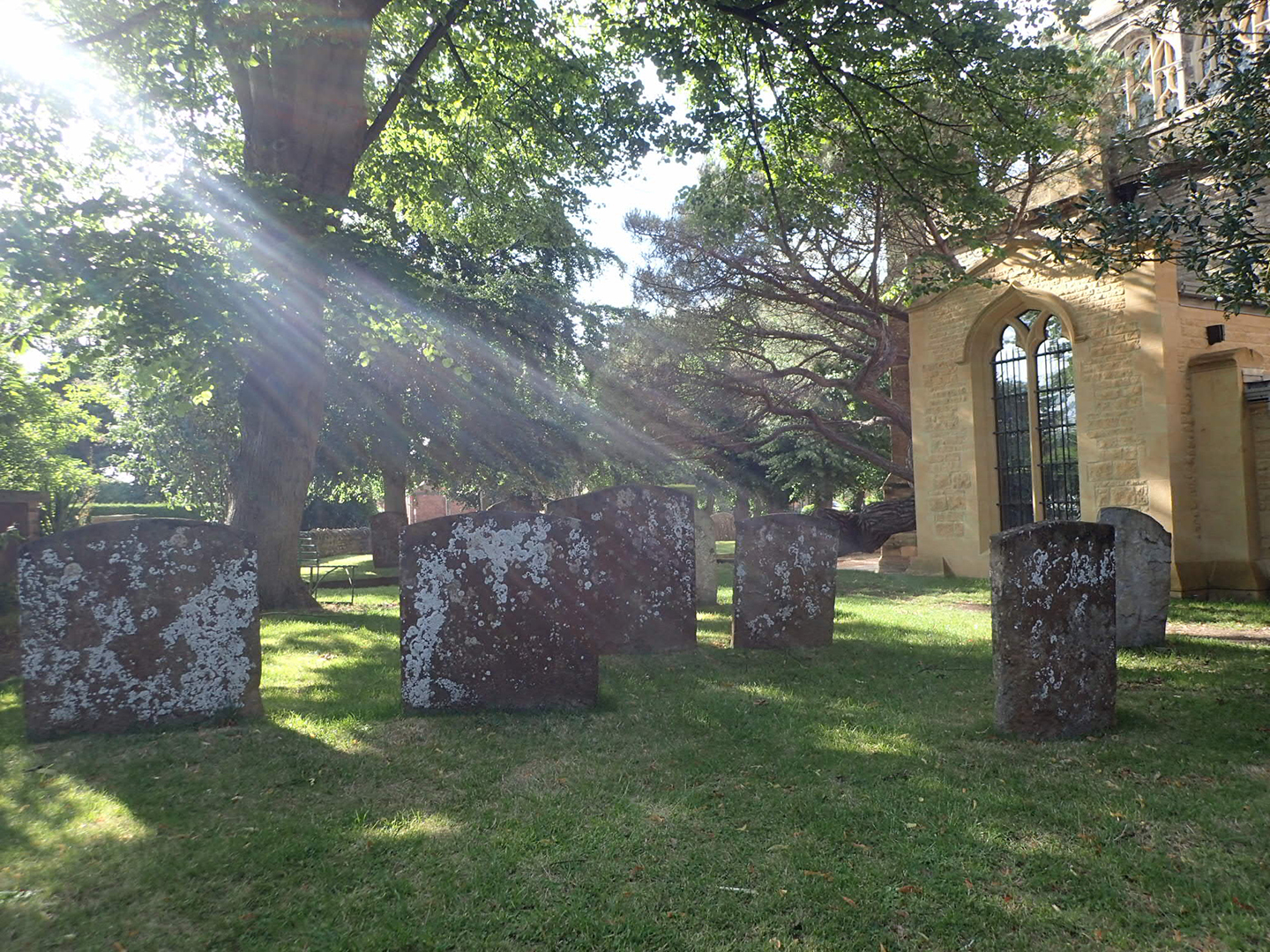The panel included a poetry editor at Alice James Books, an editor of nonfiction at St. Martin’s Press, and an agent at Curtis Brown, Ltd. What follows is not a transcript, but some paraphrased selections.

The Agent: What makes me say yes to an author is if they have a sense of building an audience and being a literary citizen—along with the writing, of course. It’s a whole package situation for me. (The editor of nonfiction later added: Agents don’t pick you up because they’re like, Oh, I’m so moved by this work. They pick you up because they’re like, I can sell this tomorrow.)
[My note: It used to be the case that building an audience/platform was more important for writers of nonfiction than fiction. This agent made it sound like it’s just as important in the world of fiction now, which . . . gah.)
Editor of Nonfiction: The most successful writers I’ve seen are the ones who engage with the front lines of bookselling, the people who engage with independent booksellers and book clubs.
The Agent: Working with the wrong agent is worse than having no agent at all, so don’t be in a rush just to have an agent. Find someone with a good sense of what you’re trying to do. It’s a mixture of patience and alignment. (The St. Martin’s editor later added: You’ve got to be entrepreneurial about who you connect with because it’s a big factor in your success.)
Tip from the agent: Start a spreadsheet of the books that you love. Include fields for agent, agency, editor, publishing house. This is the data that will guide you when you try to place your own book. If you don’t have the vision about where you fit in the literary conversation, your agent will not know how to package you.
Tip from Poetry Editor: First-time authors can feel so lucky to get their foot in the door that they kind of freeze. You should know that you can ask questions about process and expectations. You should know that you can negotiate the contract—the money, the deadlines, the number of books, etc.
